Millions ‘a step away from starvation’ in Yemen, females disproportionately affected, warns UN official
Women and girls are more likely to be hungry, sick or exposed to gender-based violence as a result of the crisis in Yemen, says the UN Humanitarian Affairs chief, warning that millions of Yemenis are “a step away from starvation.”
During a Wednesday meeting, dubbed Yemen: Responding to the crises within the world’s largest humanitarian crisis, Humanitarian Affairs chief Martin Griffiths told world leaders that the most vulnerable always “bear the highest cost” of the crisis.
“For too many of Yemen’s children, war is a fact of life – one that has robbed them of safety, education and opportunities,” he said. “Women and girls are more likely to be hungry, sick or exposed to gender-based violence.”
Griffiths warned that Yemen’s economy has reached “new depths of collapse,” and a third wave of the COVID-19 pandemic is threatening to crash the country’s already fragile healthcare system.
Millions of internally displaced people face a daily struggle to survive, with little access to essential services, he lamented.
In Yemen, conflict has continued to push millions into displacement and starvation.
— Martin Griffiths (@UNReliefChief) September 22, 2021
Funding has prevented the worst but without additional support, this critical lifesaving assistance – including food supplies – will have to be reduced in the coming weeks and months.
Hailing an increase in support for the humanitarian aid operation in Yemen, the UN official acknowledged that the work there is “far from done” and cautioned about “alarming funding gaps” that could prevent critical life-saving support for the war-torn country.
“Yemenis need more than our words or our good intentions. They need our action. Without it, they will not weather this crisis or be able to build a better future – one of safety, dignity and self-reliance,” he noted.
Yemen has been beset by violence and chaos since 2015, when Saudi Arabia and its allies—emboldened by their Western-manufactured arms—launched a devastating war against the poorest Middle Eastern country to reinstall Yemen’s overthrown government of Abd Rabbuh Mansur Hadi in Sana’a and crush the Ansarullah resistance movement.
The war, accompanied by a tight siege, has failed to reach its goals and killed hundreds of thousands of Yemeni people, putting millions more at risk of starvation by destroying much of the country’s infrastructure.
The Sana’a government, which is run by the Ansarullah movement, has warned Saudi Arabia to stop the war and siege of the country, or to expect larger and more extensive retaliatory operations.
Yemen maintains that its operations against Saudi Arabia are defensive in nature and would end as soon as Riyadh ends the war and siege against the country.
16 million people ‘marching towards starvation’
Addressing the event, World Food Programme (WFP) chief David Beasley said that 16 million Yemenis, more than half of the country’s population, are “marching towards starvation,” warning that the Saudi-led war needs to end.
“We’re literally looking at 16 million people marching towards starvation,” Beasley said. “We need this war to end, number one. If donors are getting fatigued, well, end the war. World leaders need to put pressure on all parties involved in this conflict because the people in Yemen have suffered enough.”
The WFP chief warned that more than three million people could face ration cuts by October and five million by December if $800 million is not received in the next six months.
Yemenis need this war to end. They have no money, no food, and no coping capacity left.
— David Beasley (@WFPChief) September 22, 2021
If donors are fatigued, then well, end the war. World leaders need to put the pressure on all parties involved to lay down their weapons. The people of #Yemen have suffered enough. pic.twitter.com/01BsFXT1nC
The need to cut rations could lead to the death of 400,000 children under the age of five next year, he said.
“We have a moral, obligation, to speak out and step up”, Beasley stated, “These are our children; these are our brothers and sisters we need the donors to step up immediately otherwise children are going to die. Let’s not let them down. Let’s do what we need to do.”
No child should ever face such ‘horrific violence’
Henrietta Fore, Executive Director of the UN Children’s Fund (UNICEF), told the meeting that being a child in Yemen means “you have probably either experienced or witnessed horrific violence that no child should ever face.”
She explained that there are 1.7 million displaced youth, 11.3 million youngsters depending on humanitarian assistance to survive and 2.3 million under-five “acutely malnourished” – nearly 400,000 of whom are at “imminent risk of death.”
“Quite simply, Yemen is one of the most difficult places in the world to be a child,” Fore said, noting that one child dies every 10 minutes in Yemen from preventable causes, including malnutrition and vaccine-preventable diseases.
“Each day, the violence and destruction wreak havoc on the lives of children and their families,” she added.
Enemies of Ummah seek to expand war, Pezeshkian tells Erdogan
VIDEO | Press TV's news headlines
VIDEO | New wave of Israeli strikes on Lebanon as US suspends ceasefire mechanism
VIDEO | Israeli regime kills three more Palestinian journalists
Canada prime minister hits back at Trump's remarks
Lebanese journalist summoned to court for criticizing president
‘The Voice of Hind Rajab’ receives Oscar nomination
VIDEO | Foreign-backed terrorism in Iran


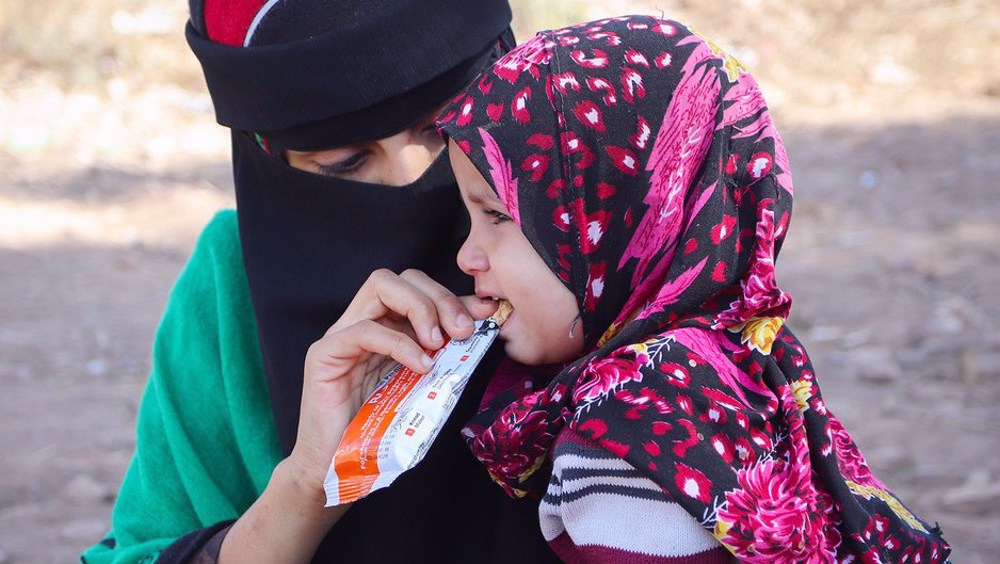
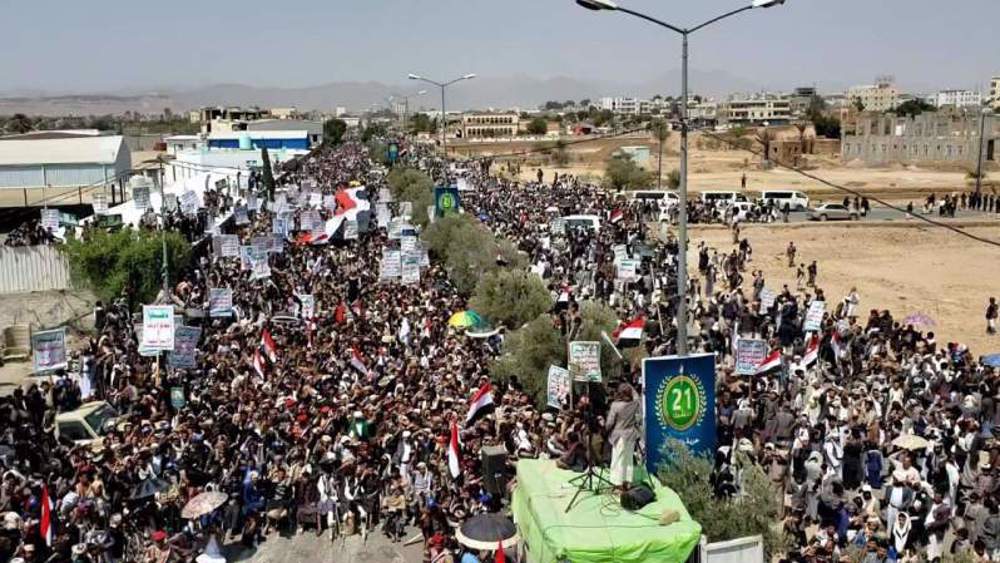
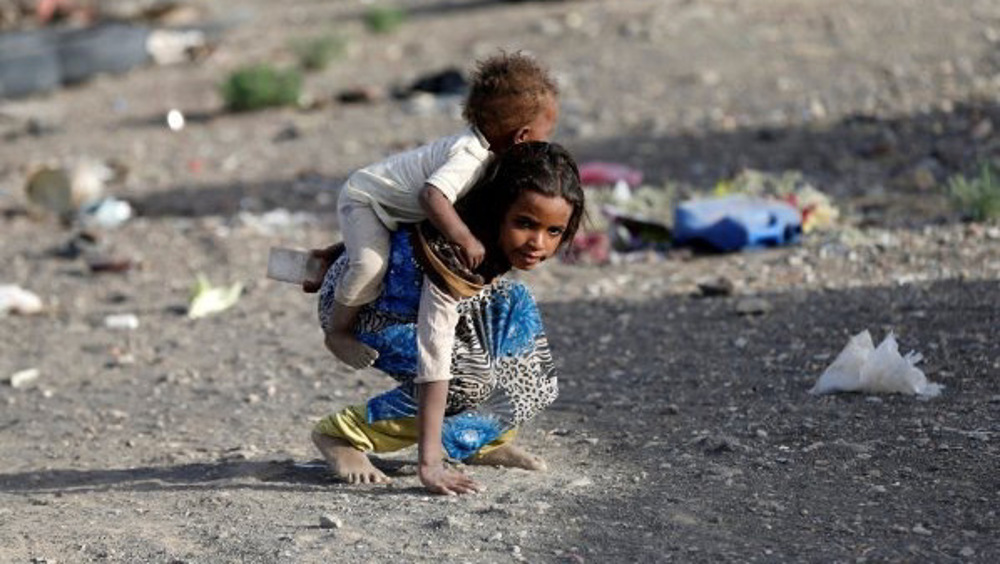


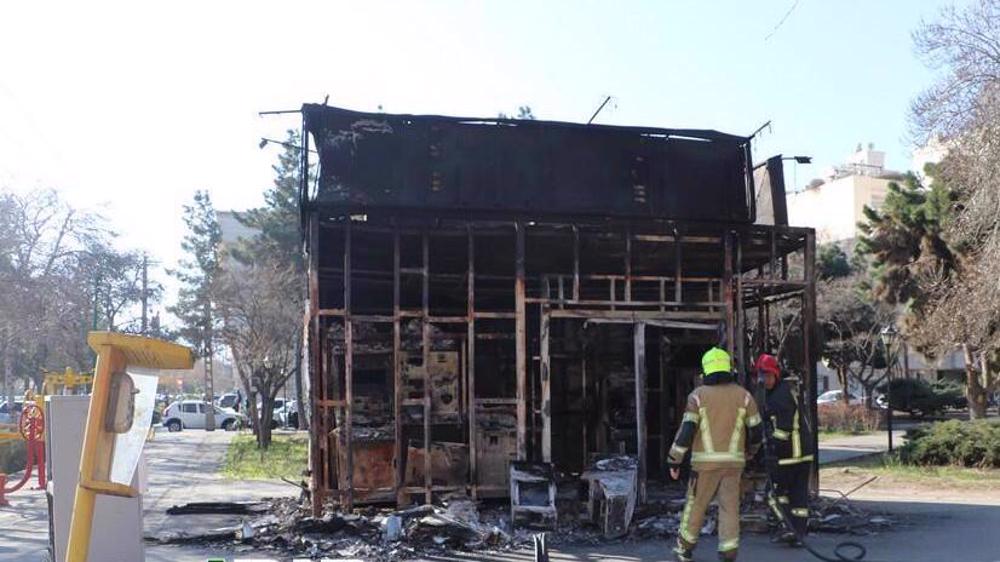



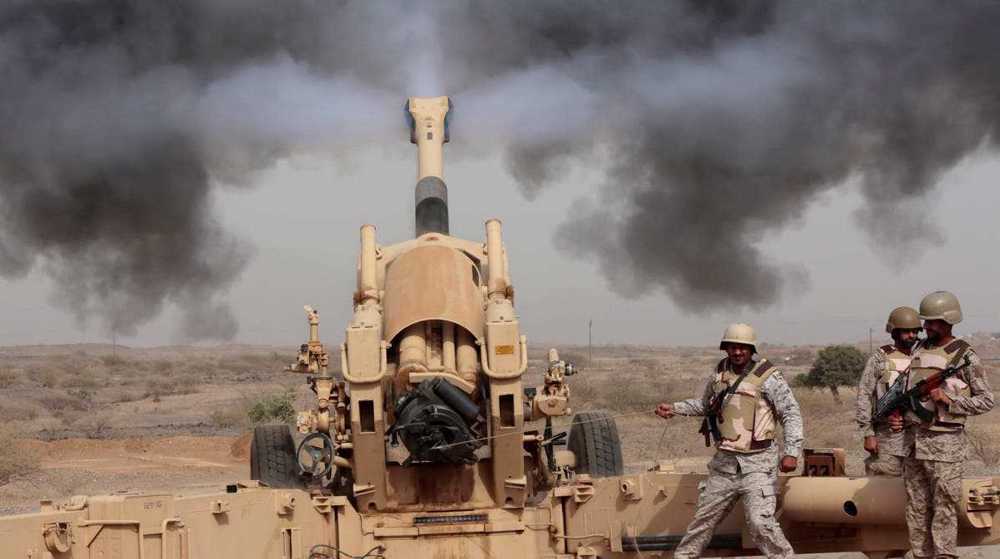
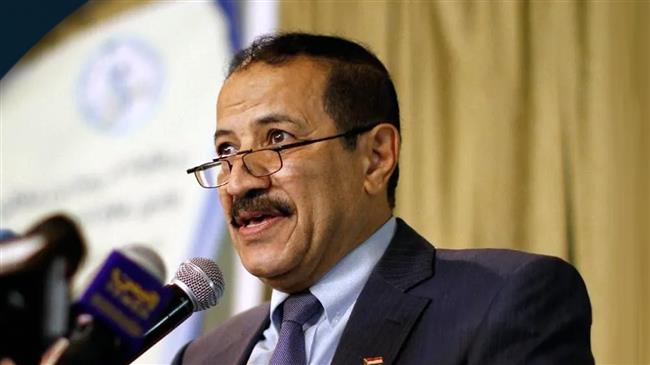

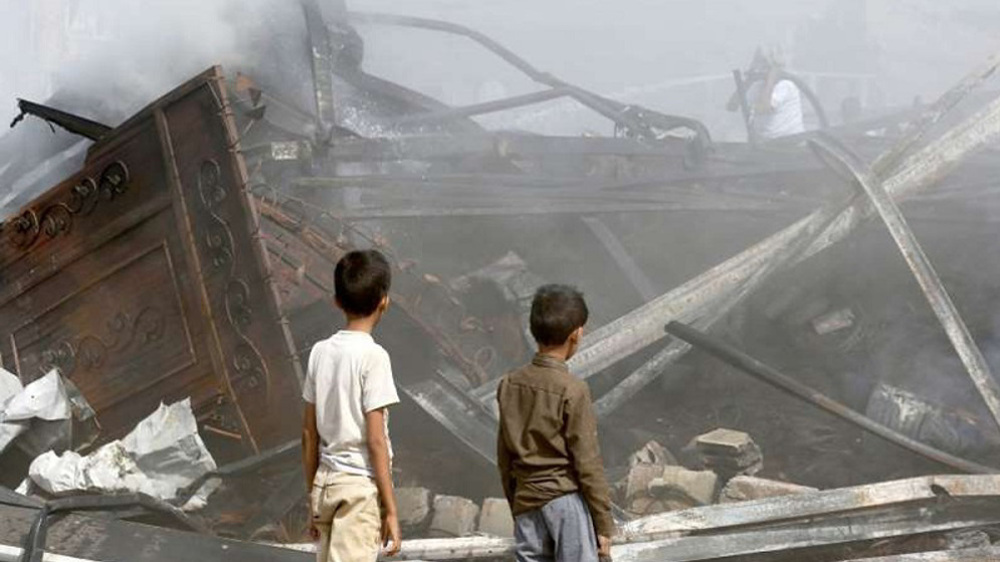

 This makes it easy to access the Press TV website
This makes it easy to access the Press TV website